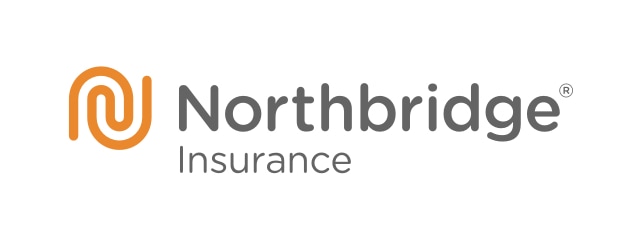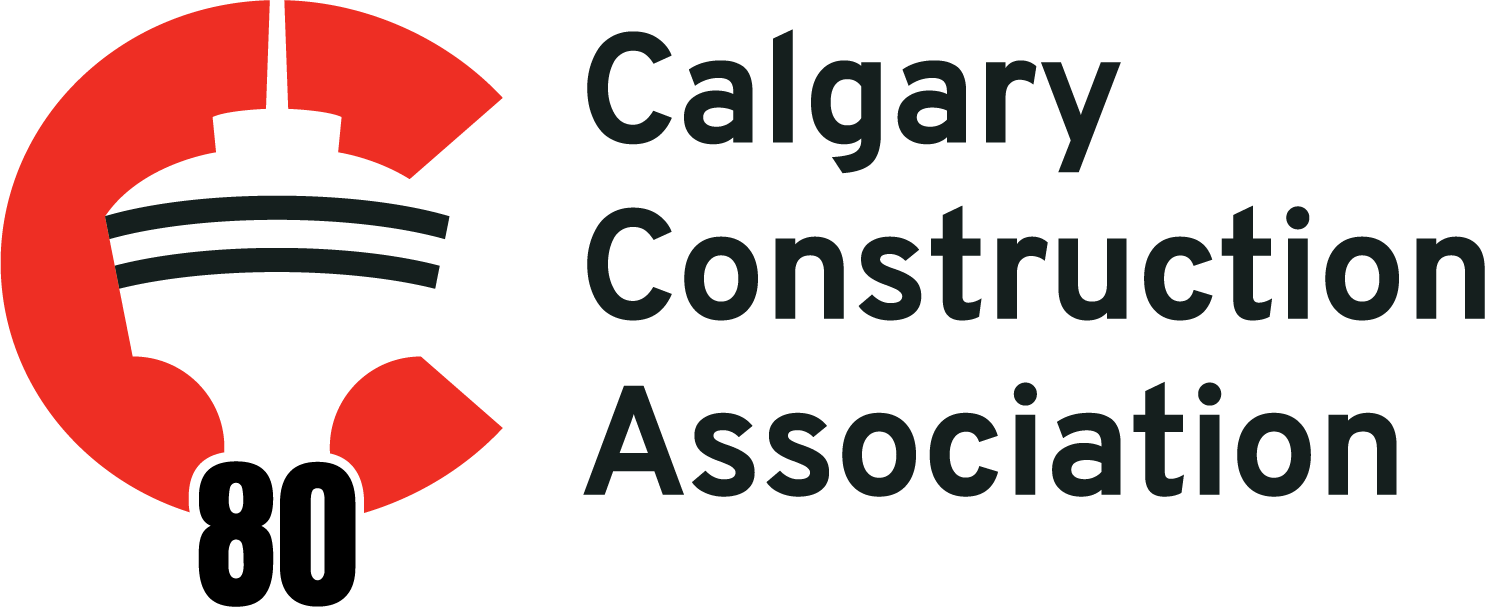What to look for when hiring subcontractors

Has your business recently grown, or do you have a project that needs specialization? It might be time to hire a subcontractor. While hiring a subcontractor can greatly help your construction business, you also need to take some precautionary measures as subcontracting can introduce significant liability exposure to your business. If the work is not done properly and a loss occurs, you and your insurer may have to pay for the loss.
That’s why, for the health and safety of your business, you should look out for a few key things.
Always request a certificate of insurance
A certificate of insurance contains the insurance details for the policyholder. It should be requested prior to each project, or annually for those subcontractors who regularly work for you. It’s important to ensure subcontractors not only have insurance but also have adequate liability coverage.
If the subcontractor has no insurance or if they have insufficient insurance – you may be liable. If your insurance company has to pay because of your subcontractor, your loss history will be impacted, your premiums may increase, your deductibles may increase, and your ability to get insurance may be affected.
You should also review the subcontractor’s claims history for the past three years as an indicator of workmanship.
Look at their work history
On top of reviewing their claims history, it’s important to consider work history when hiring a subcontractor. Ask yourself the following questions:
- Have I identified at least three similar jobs this subcontractor has recently completed?
- Have I verified the quality and timeliness of this subcontractor’s work with owners and general contractors?
- Do I feel that the subcontractor’s employees can adequately perform the work?
Check their financial stability
Lastly, before hiring a subcontractor, you’ll want to be sure they are financially stable. Ensure you verify the subcontractor’s bonding line of credit (if applicable) and request a Dun & Bradstreet, Equifax, or other independent financial report on the subcontractor.
While there are no guarantees in business, by thoroughly vetting any subcontractors you will work with, you can rest easy knowing you’ve done your due diligence.
To learn more about risk management tips for your construction business, visit nbins.com.




